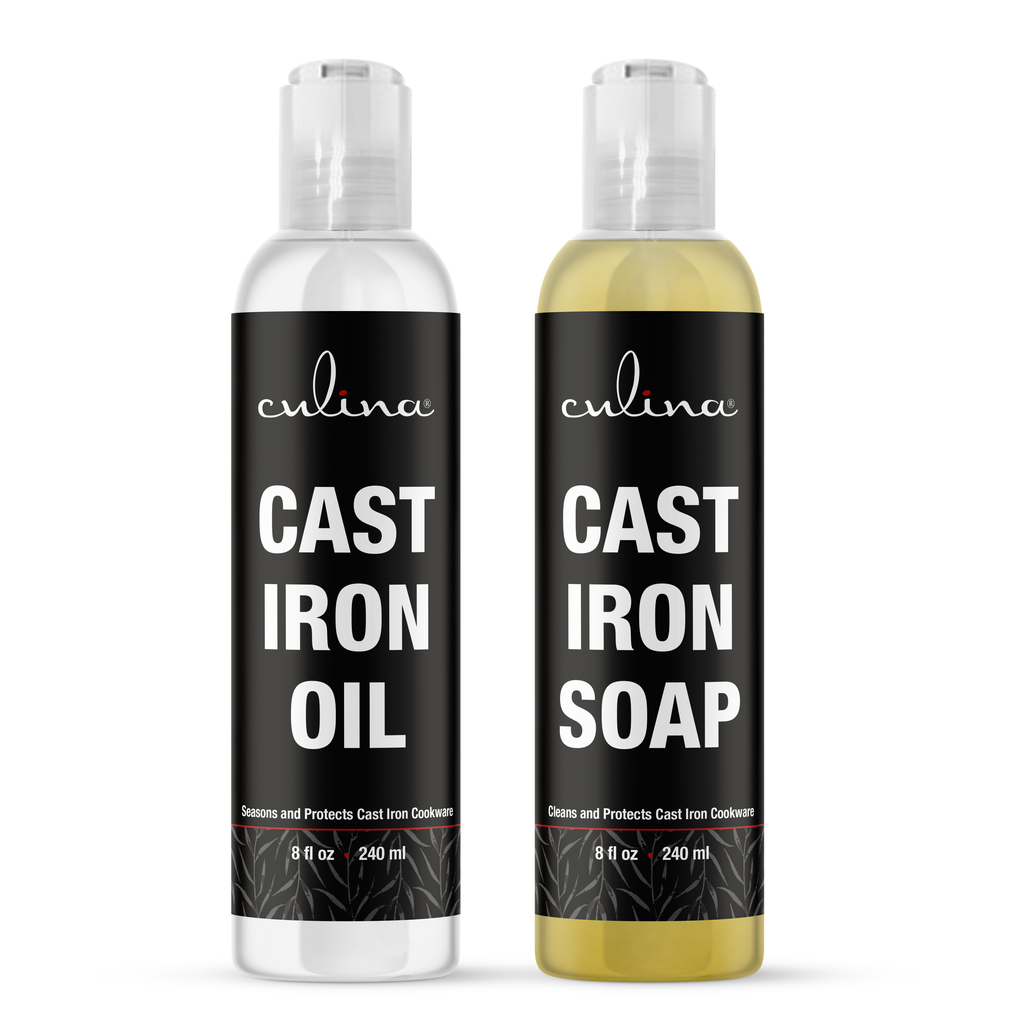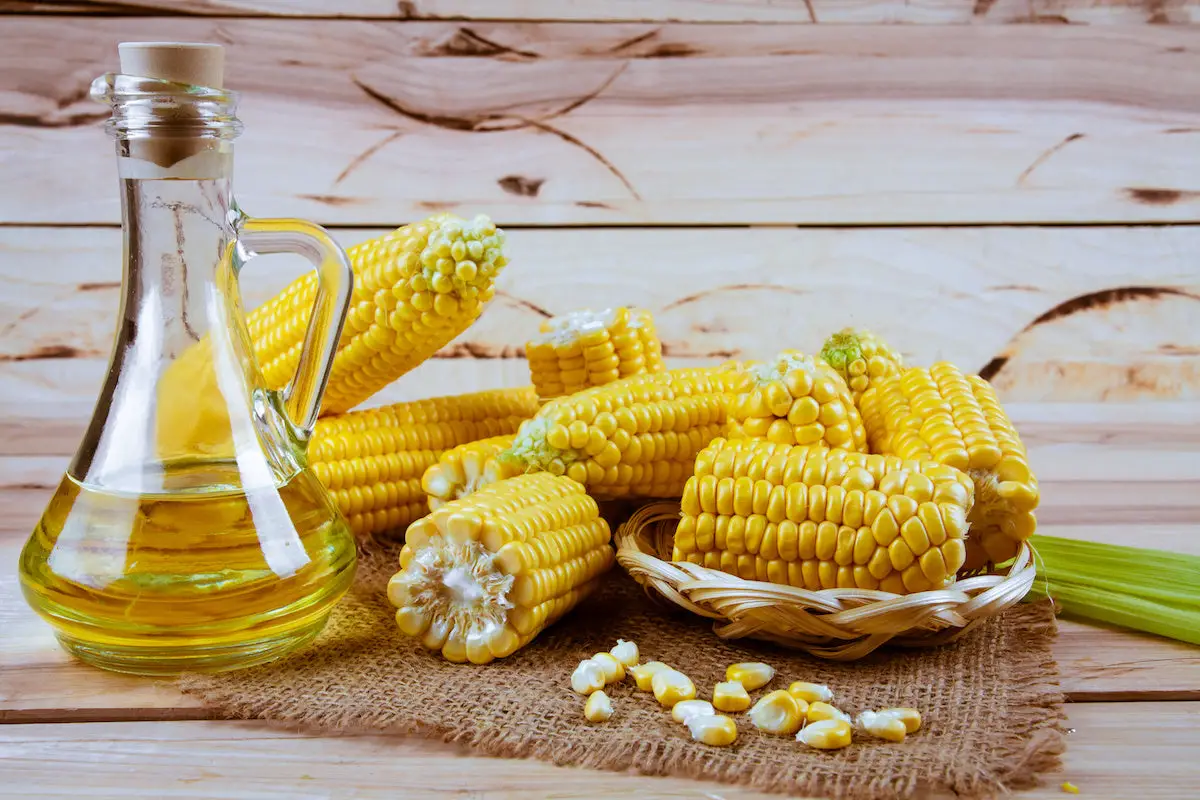How to Dispose of Corn Oil: Best Practices for Beauticians
When it comes to maintaining a clean and safe environment in beauty salons, one of the frequently overlooked aspects is the proper disposal of various oils, including corn oil. In this article, we'll delve into how to dispose of corn oil effectively and responsibly.

Understanding Corn Oil and Its Uses
Corn oil is widely used in cooking and food preparation due to its high smoke point and neutral flavor. However, its use isn't limited to kitchens; beauticians often incorporate corn oil into treatments and procedures for its moisturizing and nourishing properties. With this dual use, special care must be taken when disposing of corn oil to ensure environmental safety and compliance with local regulations.
After several applications, the question arises: what should you do with leftover corn oil? The approach you choose to dispose of corn oil can impact both your salon's hygiene and your local community.

Important Considerations for Disposal
Local Regulations
Before proceeding with disposal methods, it's crucial to check local regulations and guidelines regarding the disposal of oils. Many communities have specific rules that you must follow to avoid fines or penalties. Check resources provided by your local waste management authorities.
Environmental Safety
Disposing of corn oil improperly can lead to environmental hazards. Oil spills can cause harm to wildlife and contaminate water sources. Beauticians should be particularly mindful of their waste disposal practices to contribute positively to environmental preservation.

How to Dispose of Corn Oil Properly
1. Let the Oil Cool Down
After using corn oil in your salon, allow it to cool down completely. Hot oil can pose a safety hazard during the disposal process.
2. Use a Sealed Container
Transfer the cooled corn oil into a sealed, durable container. Glass jars or plastic bottles work well for this purpose. Ensure that the container is labeled clearly to prevent accidents.
3. Recycle When Possible
Depending on your locality, you may have the option to recycle corn oil. Many recycling centers and oil collection services accept used cooking oils. To find a nearby facility, you can refer to resources such as vegetable oil recycling.
4. Dispose of It as Regular Waste
If recycling is not an option, check if your local waste disposal facilities allow disposal of used cooking oil as regular waste. If so, simply add the sealed container with your regular garbage.
5. Use Waste Oil Disposal Services
Another viable option is to seek a local waste oil disposal service. These professionals handle oil disposal more safely and responsibly and can ensure that its processed correctly. Consider exploring options and services within your community.

Benefits of Proper Disposal
Proper disposal of corn oil has multiple benefits, especially for beauticians:
- Enhanced Safety: Safely managing oil disposal minimizes accident risks in your workplace.
- Environmental Protection: Following correct disposal practices helps safeguard our environment and wildlife.
- Compliance with Laws: Adhering to local disposal regulations keeps your business in good standing legally.
Alternatives to Corn Oil in Your Salon
If you find corn oil challenging to dispose of, you might consider alternatives. Oils like coconut, almond, or olive oil can substitute corn oil in various beauty treatments and are often easier to manage. You can read more about cooking oil alternatives in this detailed analysis here.
FAQs About Corn Oil Disposal
1. Can I pour corn oil down the drain?
No, pouring corn oil down the drain is discouraged as it can clog pipes and create environmental issues.
2. Is it safe to mix corn oil with other types of oils?
While it is generally safe, mixing oils can complicate disposal processes. It's best to dispose of each type independently.
3. Will recycling centers accept all kinds of oil?
Not all recycling centers accept cooking oils. Always check with your local facility for their specific guidelines.
Conclusion
Disposing of corn oil properly is essential for beauticians who wish to maintain a clean, professional, and environmentally-conscious workspace. By following these best practices and understanding the local regulations, you can contribute positively to both your salon's cleanliness and the broader community. If you're looking for further insights on corn oil's benefits, you can check out this article on what corn oil is good for.
As an Amazon Associate, I earn from qualifying purchases.

